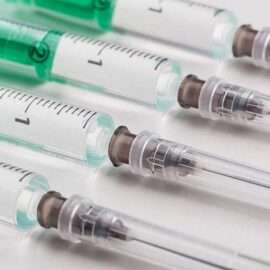Contact Us
- Solutions
- Resources
- About
- Contact Us
close
Optional callout banner for highlighted news or events
Learn More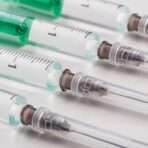
Articles
Small pharma faces hurdles in securing prefilled syringe capacity due to high demand, complex manufacturing, and cost. Limited resources and expertise can delay scaling, but with early planning, flexible partnerships, and technology solutions, smaller companies can overcome these challenges to deliver patient-friendly, high-quality treatments.

Articles
Strategies for ensuring uninterrupted pharmaceutical supply chains, focusing on risk management and the crucial role of CDMOs in maintaining stability and compliance.
Videos

Fact Sheets
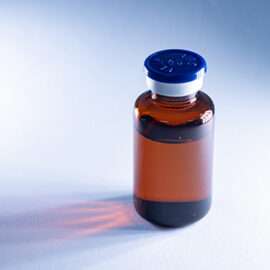
Fact Sheets
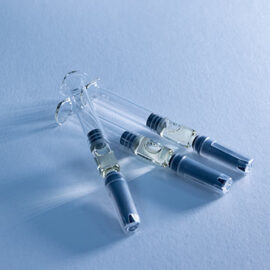
Fact Sheets
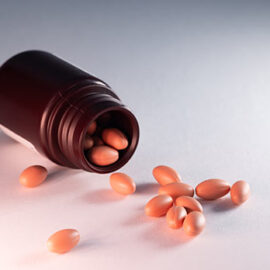
Fact Sheets
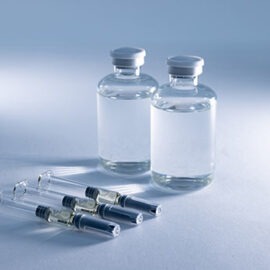
Fact Sheets
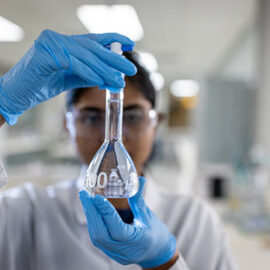
eBooks
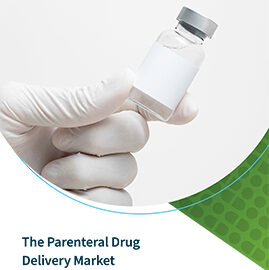
eBooks
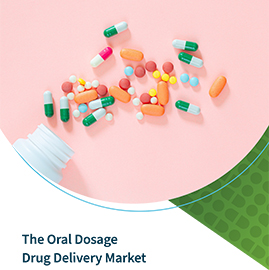
eBooks
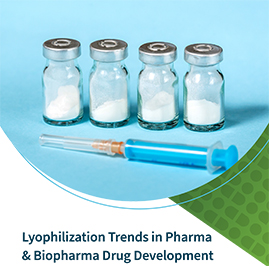
eBooks
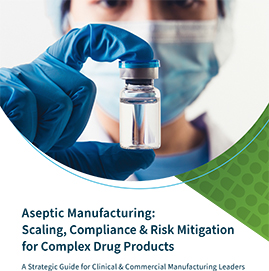
eBooks
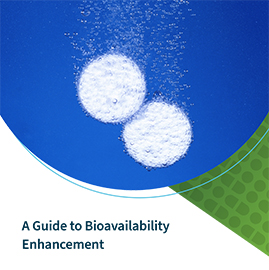
Articles
